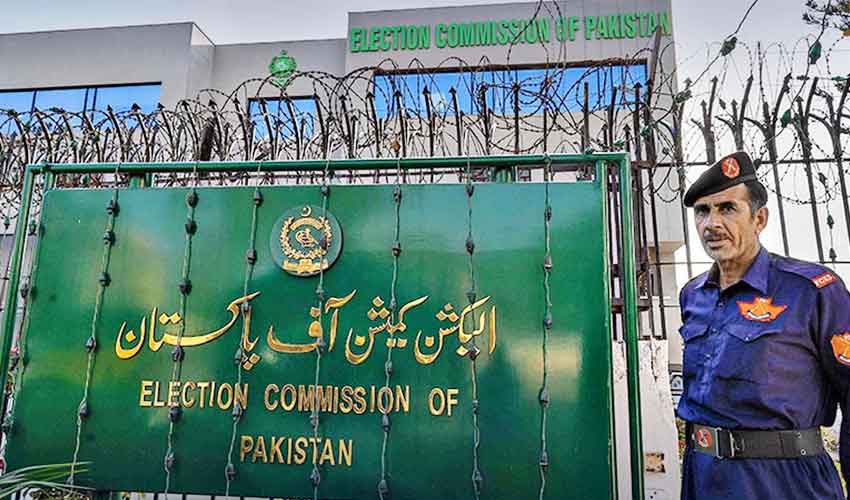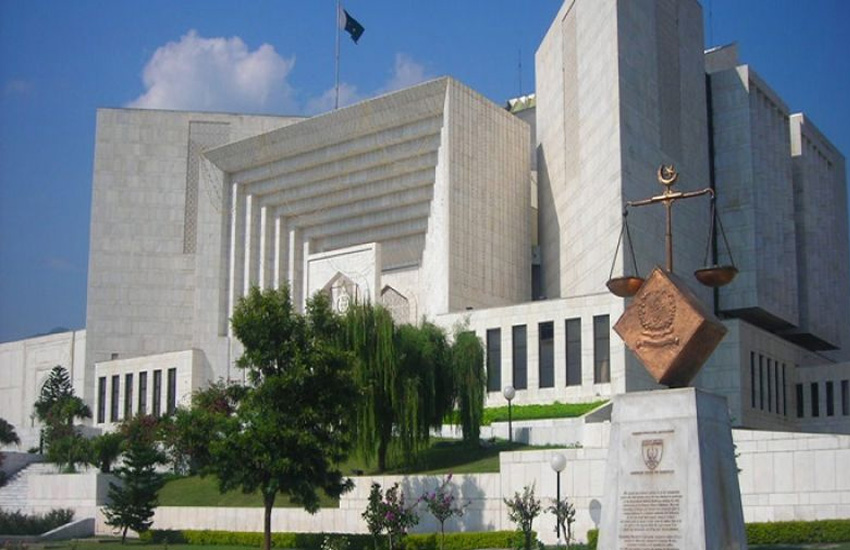The recent court decision regarding the Al-Qadir Trust £190 million case has prompted widespread public response across Pakistan, with citizens expressing diverse views on the ruling's implications and the broader questions of legal equity it raises.
Public reactions have centered around several key aspects of the case, including the court's adherence to constitutional and legal frameworks. Many citizens have emphasized the principle of equality before the law, regardless of social or economic status.
The settlement terms have emerged as a significant point of discussion among the public. Some citizens have focused on the technical aspects of the settlement structure, particularly regarding the distribution of recovered funds. Others have commented on the choice between state settlement and private settlement options.
Members of the public have also shared perspectives on the broader implications of the ruling for Pakistan's legal system. Comments frequently reference the justice system's role in handling high-profile cases and its capacity to process complex financial matters.
The case has sparked broader discussions about anti-money laundering measures and their implementation in Pakistan's legal framework. Public discourse has touched upon the mechanisms for handling recovered assets and the protocols for their distribution.
The ruling has also generated debate about the balance between state interests and private settlements in major financial cases. Citizens have expressed varied views on the prioritization of different stakeholder interests in such settlements.
This public response reflects the case's significance in Pakistan's ongoing dialogue about legal accountability and financial governance. The diversity of opinions highlights the complex nature of public sentiment regarding high-profile legal proceedings.



























